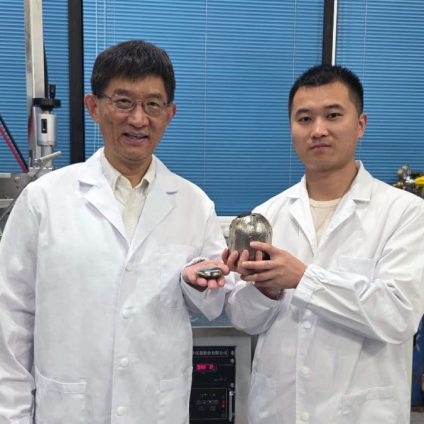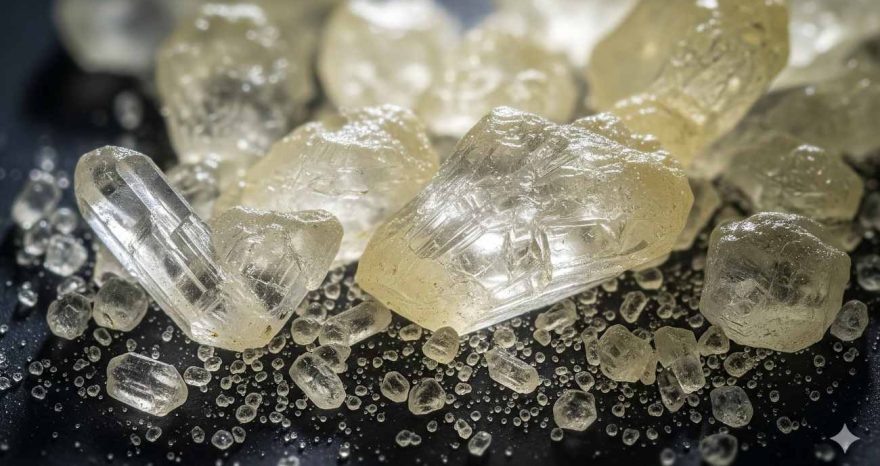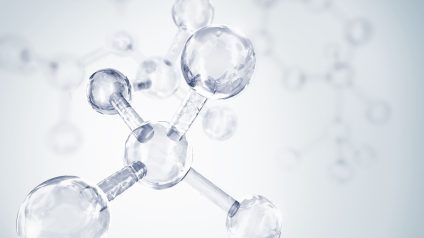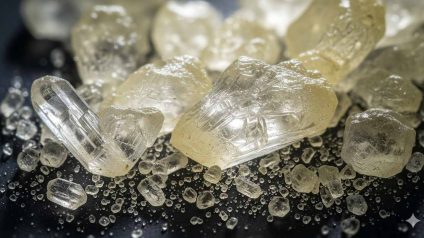A new elastic alloy offers a promising and eco-friendly alternative to traditional vapor compression systems for efficient heating and cooling.
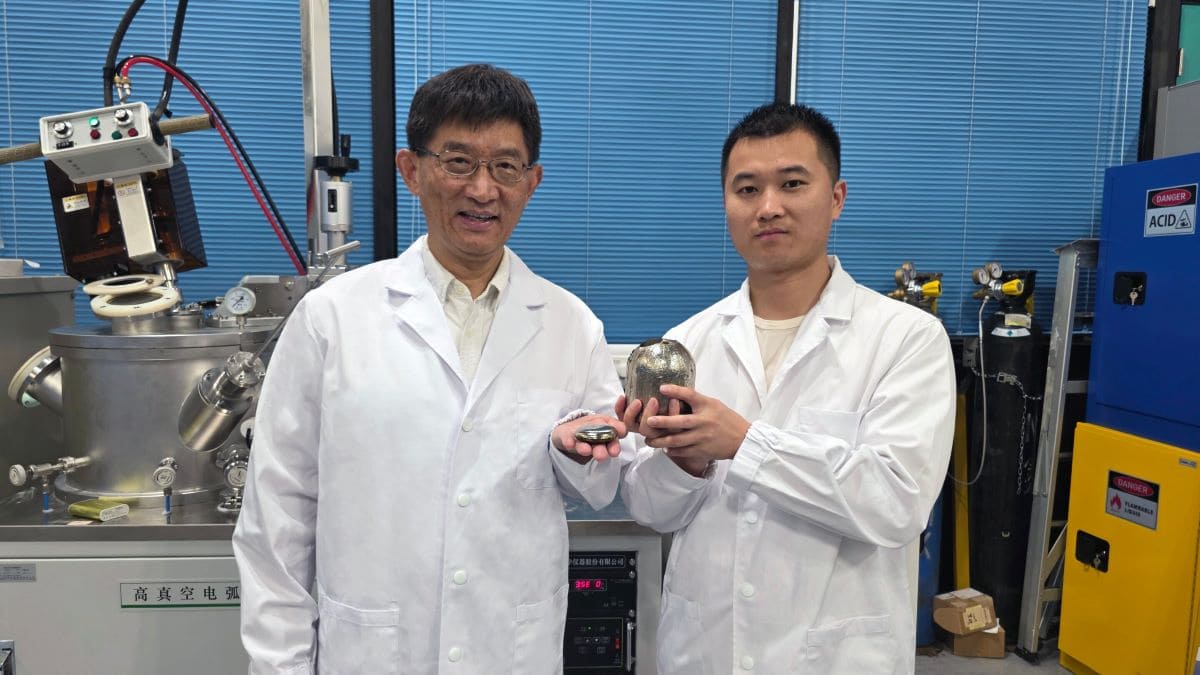
Heat pumps without refrigerants, powered by the thermoelastic effect
A promising and eco-friendly alternative to traditional vapor-compression heating and cooling is emerging from Hong Kong. Engineers at the Hong Kong University of Science and Technology (HKUST) have developed a solid-state heat pumping system that leverages the so-called thermoelastic effect.
What does that mean exactly? It’s a physical phenomenon in which elastic solids undergo a temperature change in response to linear deformation. But to fully understand the value of this research, we need to take a step back.
Vapor compression vs. solid-state heat pumping
Solid-state heat pumping systems were conceived as an alternative to conventional vapor-compression heat pumps. While vapor-compression systems are highly efficient, the refrigerants they use raise environmental concerns due to their global warming potential.
Solid-state heat pumping, by contrast, offers a more sustainable option, albeit with lower efficiency. This technology relies on shape memory alloys that, when undergoing a state change, generate an adiabatic temperature shift, meaning no heat is exchanged with the external environment.
The main issue with these alloys lies in their energy efficiency, which reaches only 50% to 70% of the theoretical Carnot limit. That’s well below the approximately 90% efficiency achieved by refrigerants in standard vapor-compression heat pumps.
The new ferroelastic alloy
To overcome these limitations, HKUST engineers developed a new ferroelastic alloy called Ti78Nb22, which exploits the thermoelastic effect instead of a phase transition.
Specifically, the team created a martensitic polycrystal of Ti78Nb22. When subjected to linear elastic deformation during heat pumping, the material exhibits a reversible temperature change of 4 to 5 K, 20 times greater than conventional metals, which typically show only about 0.2 K.
“Surprisingly, this alloy reaches about 90% of the Carnot efficiency limit in a heat pumping cycle, making it highly competitive with refrigerants used in commercial vapor-compression heat pumps,” the university stated.
The research also suggests that certain ferroelastic alloys could be engineered to deliver even greater thermal expansion, with potential temperature changes up to 22 K.
“This work presents a promising opportunity for the eco-friendly heat pump sector and introduces the first high-efficiency, non-phase-transition solution for sustainable heat supply.”
The study was published in Nature Communications under the title “Large thermoelastic effect in martensitic phase of ferroelastic alloys for high efficiency heat pumping.”


